What Is Epithalon?
Epithalon (also known as Epitalon, Epithalone or Epithalamin) is a short synthetic peptide known to activate the telomerase enzyme and stimulate melatonin release. First developed in Russia in the 1980s, epithalon has been shown to delay age-related changes in reproductive and immune systems and increase the life span of mice and rats. Though it is primarily of interest in anti-aging research, epithalon has shown significant effects in certain types of cancer, infectious disease, and in DNA regulation.
Epithalon Research
1. The Role of Telomerase in the Anti-Aging Effects of Epithalon
Early research using insects and rodents revealed that epithalon can prolong life substantially. In normal, healthy fruit flies and rats, epithalon decreases mortality by 52%. In mice prone to both heart disease and cancer, epithalon prolongs life by as much as 27% compared to controls[1]. At least part of the answer to how epithalon achieves these profound effects is via its elimination of free radicals (charged molecules that do damage to healthy tissue).
Anti-oxidant activity is not the only reason that epithalon extends life, however. There is good evidence from in vitro experiments on human somatic cells to show that epithalon activates an enzyme called telomerase[2]. Telomerase protects telomeres, the ends of chromosomes that are critical to ensuring the health of DNA. Epithalon’s activation of telomerase leads directly to a decrease in how many errors a strand of DNA contains, supporting the notion that epithalon protects DNA from damage[3], [4]. In short, epithalon protects DNA from accumulating errors over time, a process that eventually leads to cell dysfunction, aging, and even cancer in some cases.
2. Epithalon and DNA Activation
Neither its impact on free radicals nor its effects on telomeres seem sufficient to explain the profound effects that epithalon has on longevity. Indeed, scientists are working hard to understand how this short peptide achieves the effects that it does so that the mechanisms can be explored in depth. As it turns out, at least part of the answer may come from the fact that epithalon changes the expression of certain genes.
Research in cell cultures shows that epithalon interacts directly with DNA to turn on and enhance the expression of certain genes. Epithalon interacts with the promoter regions of genes for CD5, IL-2, MMP2, and Tram1[5]. CD5 and IL-2 both affect the function of the immune system while MMP2 plays a critical role in the maintenance of extracellular matrix in skin, tendons, and other connective tissue. These findings suggest that epithalon may impact the function of the immune system and the ability of the body to heal itself following not only injury, but following typical day-to-day stress as well.

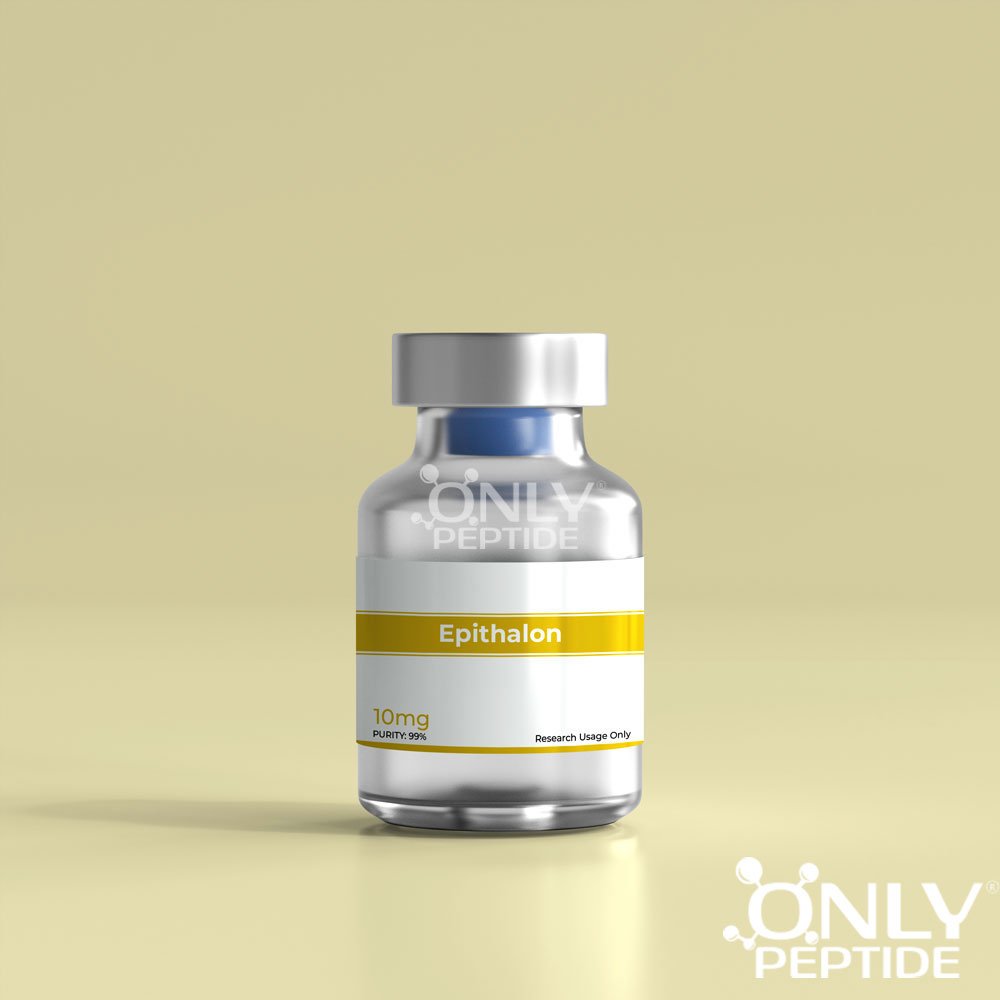
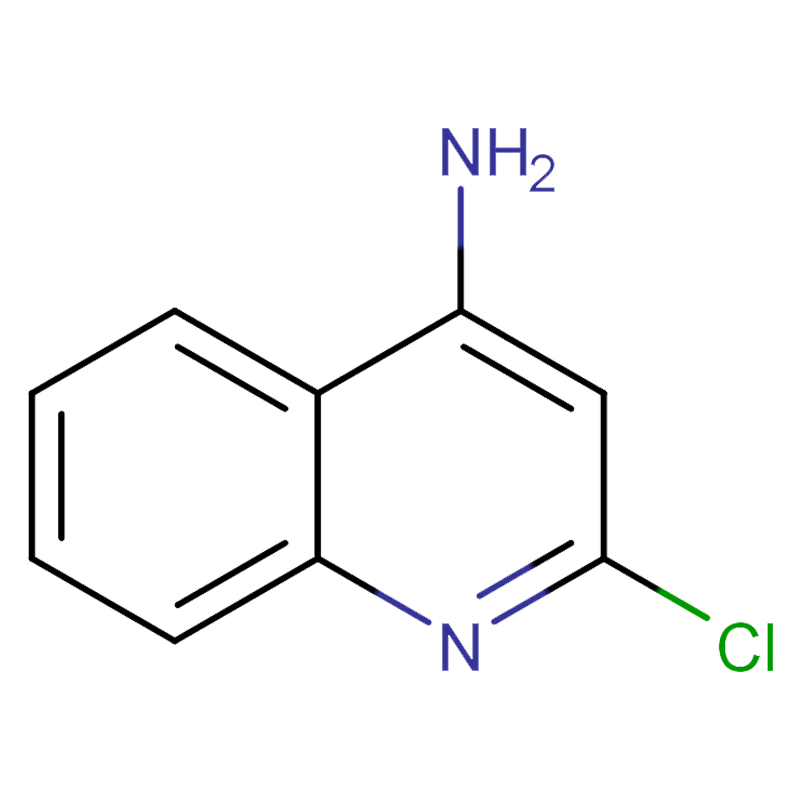
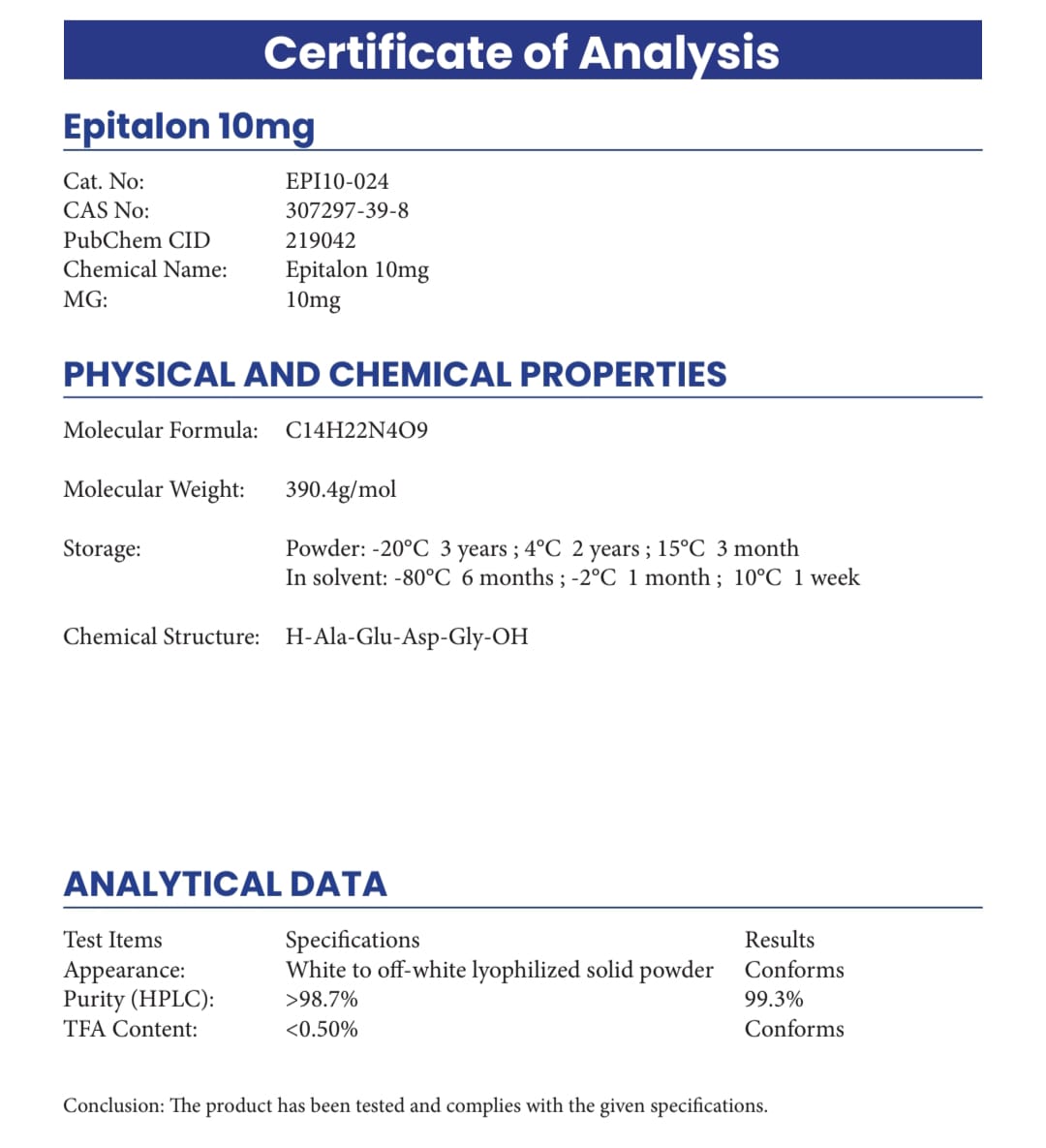
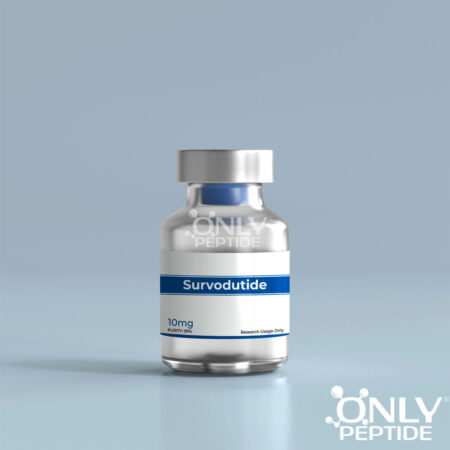
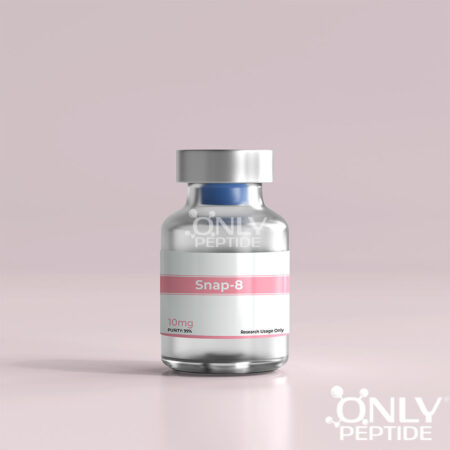
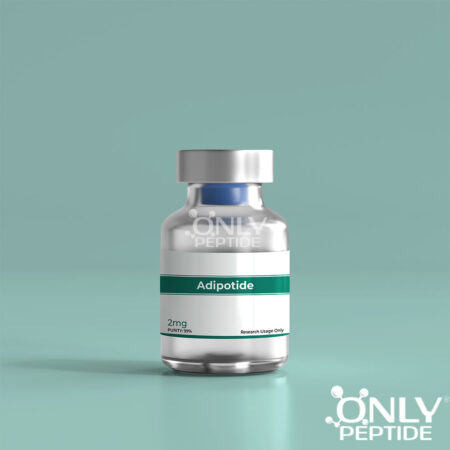
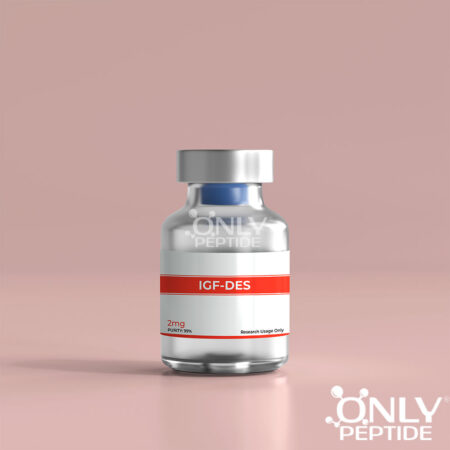
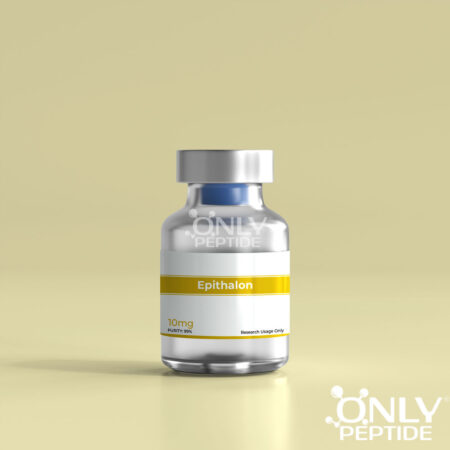
Reviews
There are no reviews yet.